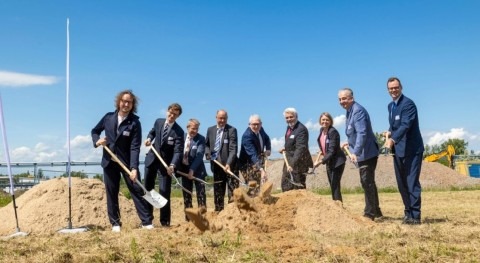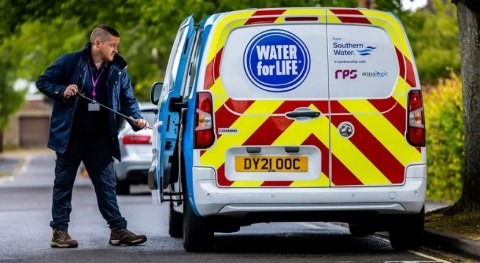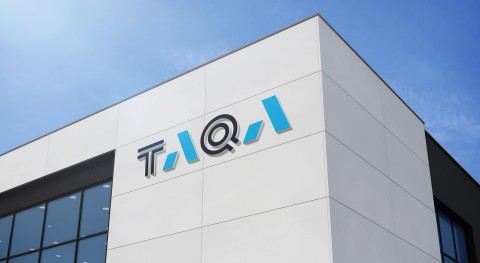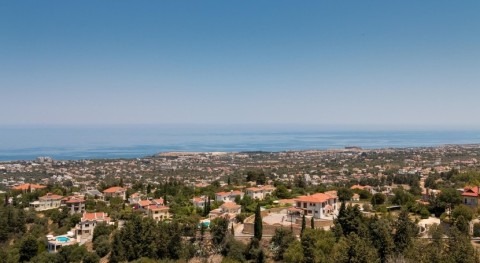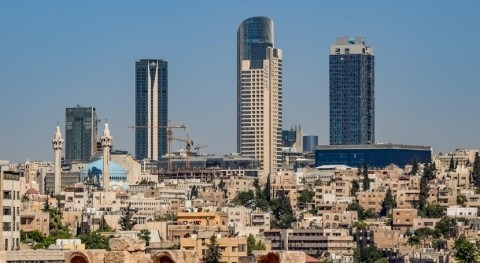Veolia has announced several major contract wins in the first quarter of 2025, totalling more than $750 million, underscoring its continued presence in the water technology sector. The projects span the energy and semiconductor industries, with deployments in Brazil, the United States, and the United Arab Emirates. These contracts include advanced water treatment technologies aimed at enhancing industrial operations and sustainability outcomes.
Water treatment for semiconductor manufacturing in the U.S.
As part of a $550 million contract in the United States, Veolia will design, build, and operate a water and wastewater treatment facility for a semiconductor manufacturing plant located in the Midwest. The project will run over a 16-year period and utilize ultrafiltration and reverse osmosis membrane technologies, including ZeeWeed™ hollow fiber membranes. The facility is expected to recycle approximately 8,000 m³ (2.1 million gallons) of water per day.
The project aligns with Veolia's strategic focus on supporting industrial production in the U.S. “This contract fully aligns with Veolia's growth strategy in the United States, driven by underlying trends such as the relocation of industrial production, and actively supports the re-establishment of semiconductor production in the country.”
Biomethane production in San Francisco
Veolia will also provide MemGas™ technology for San Francisco’s Southeast wastewater treatment plant as part of a $34 million contract. The system will convert biogas from wastewater into biomethane, which will be injected into the Pacific Gas & Electric network. Currently, the facility treats around 215,800 m³ (57 million gallons) of water daily, handling approximately 80% of the city's combined stormwater and wastewater.
The biomethane project aims to contribute to local energy decarbonization goals, producing up to 68 GWh annually. The system is scheduled to become operational in January 2027.
Sulfate removal for offshore energy production
Three additional contracts, with a combined value of nearly $170 million, involve water treatment for offshore oil production in Brazil and the UAE. These projects will provide membrane-based systems to treat seawater for injection into Floating Production Storage and Offloading (FPSO) units. The technology helps prevent sulfates and other ions from affecting reservoir and pipeline integrity.
In Brazil:
- One contract with MODEC supports Shell’s Gato do Mato FPSO in the Santos Basin. This is the seventh agreement between Veolia and MODEC over the past decade.
- Another involves two FPSOs (P84 and P85) with Seatrium for Petrobras, also in the Santos Basin. These units will use ZeeWeed™ ultrafiltration and SWSR series nanofiltration membranes. This marks the fifth collaboration between Veolia and Seatrium.
In the UAE, Veolia will supply a sulfate removal system for another offshore production platform.
These projects reflect continued demand for water management solutions in the energy sector. “Veolia is emerging as a key technological player, perfectly positioned to respond to the critical issues of quantity and quality of water for industries and communities. Thanks to our proprietary technologies, and our know-how in engineering and design, we offer innovative, high-performance and differentiating solutions. This technological advance allows us to create value and win key contracts in markets with growing demand for securing water resources for more efficiency and competitiveness,” said Anne Le Guennec, Senior Executive Vice President, Worldwide Water Technologies.
Q1 2025 key financial metrics
Veolia reported a strong start to the year, consistent with its 2025 guidance:
- Revenue increased by 3.9% year-over-year to €11,507 million.
- EBITDA grew organically by 5.5% to €1,695 million.
- Net financial debt stood at €18,855 million, with a leverage ratio of 2.75x, down from 2.88x the previous year.
- The company also acquired CDPQ’s 30% stake in Water Technologies and Solutions for $1.75 billion (~€1.5 billion), aiming to accelerate value creation under its GreenUp plan.
The company reaffirmed its 2025 outlook and continued implementation of its strategic growth initiatives.









